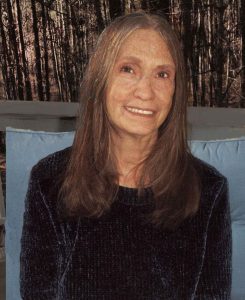 I’ve been a counselor for over twenty-five years. My experience has been in marriage and family counseling, pre-marriage counseling, decision-making counseling (geared towards couples who aren’t sure whether to work on marital issues or to work on how to divorce in the most amicable way). I have worked with single parents, assisting them to navigate the world of single parenting, working through relationships with their former spouse, and feelings of isolation that single parenting can evoke. As well as managing evolving families.
I’ve been a counselor for over twenty-five years. My experience has been in marriage and family counseling, pre-marriage counseling, decision-making counseling (geared towards couples who aren’t sure whether to work on marital issues or to work on how to divorce in the most amicable way). I have worked with single parents, assisting them to navigate the world of single parenting, working through relationships with their former spouse, and feelings of isolation that single parenting can evoke. As well as managing evolving families.
For many years I worked as a Family Counselor for the autism program for the school system in Broward County, Florida. In my position there, I worked with autistic children, their teachers, and their parents and siblings, focusing on behavior management, coping mechanisms, and adjustment. Oftentimes, siblings of challenged children are confused or angry or sad; they aren’t always sure where they fit in the family. Complicated feelings toward people you love can generate guilt and confusion. One of the most frequent behaviors that teachers complained about was inappropriate “sexual” behaviors. I have put ‘sexual’ in quotes because in most instances I realized that the behaviors were more sensory-related rather than sexual. However, as I worked with many older students (18+) some of these behaviors appeared more threatening to other students, as well as to the public. In an effort to learn more about how to teach parents to work with their children on sexuality Issues, I pursued a Ph.D. in sexology.
When my mother came to live with us, she had Lewy Body Dementia and I became her primary caregiver. This led me to hold caregiver support groups which in turn led to clients who are also caregivers. Because caregiving tends to be isolative, and because of the sadness and loneliness usually accompanied with it, caregivers benefit greatly from consistent emotional support, as well as from talking to someone who can help develop strategies to cope with or to alter difficult situations and behaviors of dementia.
